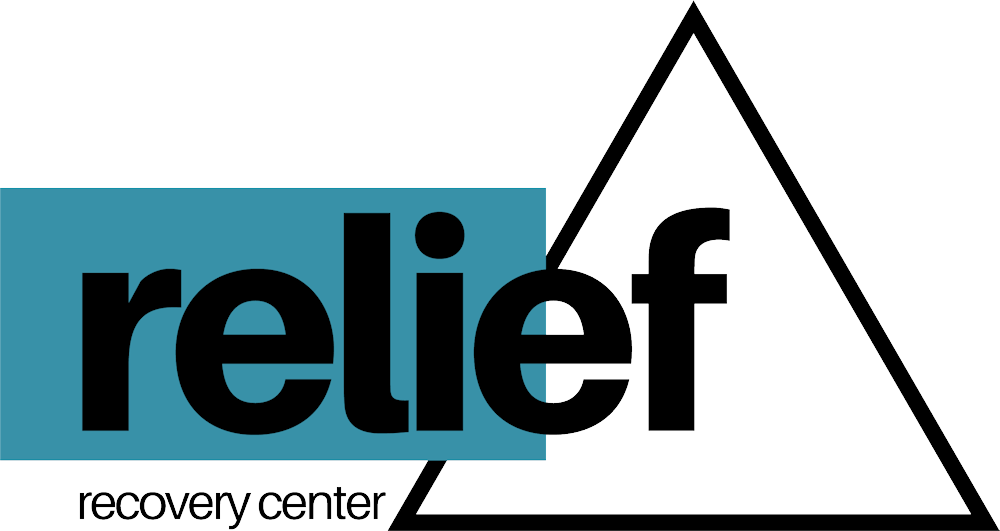Addiction is a chronic brain disorder characterized by compulsive drug use, and a lack of control over substance use despite negative consequences. It is considered a multifaceted condition that involves biological, psychological, and social factors. Addiction can develop when repeated use of drugs or alcohol leads to changes in the brain’s reward system, resulting in a powerful urge to continue using despite adverse effects on overall health and lifestyle. The emotional impact of addiction can hit deep, often leading to increased stress, depression, guilt, and emotional numbness. Individuals may experience overwhelming feelings of shame and hopelessness as they struggle to control their substance use despite negative consequences.
This month’s focus is emotional well-being and recovery so we will delve into the emotional impact of addiction. Exploring how substance abuse can deeply affect emotional health and the interplay between emotions and addictive behaviors is helpful on the road to recovery.
Emotional Impact of Addiction:
Addiction can have profound effects on emotional well-being, manifesting in various ways.
Some of the emotional effects of addiction include:
- Guilt and Shame: Addicted individuals often feel guilty and ashamed about their behavior, especially if they engage in actions they know are harmful to themselves or others.
- Anxiety and Depression: Many people with addiction struggle with co-occurring mental health issues such as anxiety and depression. The stress of maintaining the addiction, coupled with the consequences it brings, can exacerbate these conditions.
- Isolation and Loneliness: Addiction can lead to social withdrawal and isolation as individuals prioritize their substance use over relationships. This can intensify feelings of loneliness and disconnection.
- Low Self-Esteem: Chronic substance abuse can erode an individual’s sense of self-worth and self-esteem. They may feel powerless to control their behavior and unworthy of help or support.
- Anger and Irritability: Withdrawal symptoms and the inability to satisfy cravings can lead to heightened levels of anger and irritability. This can strain relationships and exacerbate feelings of guilt and shame.
- Fear and Paranoia: Individuals with addiction may experience fear and paranoia, especially if they are worried about getting caught, facing legal consequences, or losing relationships or employment due to their substance use.
- Hopelessness and Despair: The cycle of addiction can create a sense of hopelessness and despair, where individuals feel trapped in their behavior and see no way out. This can contribute to suicidal ideation in severe cases.
- Emotional Numbing: Over time, addiction can numb an individual’s emotions as they rely more heavily on substances to cope with stress, pain, or unpleasant emotions. This can lead to emotional blunting and difficulty experiencing joy or pleasure without the substance.
- Denial and Defensiveness: Many people with addiction engage in denial and defensiveness, refusing to acknowledge the extent of their problem or the impact it has on themselves and others. This can strain relationships and hinder recovery efforts.
- Loss and Grief: Addiction often leads to significant losses, such as the breakdown of relationships, financial problems, or health issues. Dealing with these losses can evoke feelings of grief and mourning.
It’s important to recognize that the emotional impacts of addiction can vary greatly from person to person. Seeking professional help and support from therapists, support groups, or addiction treatment programs can be essential in addressing these emotional effects and working toward recovery.
Interplay Between Emotions and Substance Abuse:
The relationship between emotions and substance abuse is interactive, with the two influencing each other. Substance abuse often begins as a means of coping with difficult emotions, which then can exacerbate emotional issues over time.
Here are some key aspects of this connection:
- Self-Medication: Many individuals turn to substances as a way to cope with painful emotions such as stress, anxiety, depression, trauma, or grief. Alcohol, drugs, and other addictive substances can provide temporary relief or distraction from these feelings, leading to a cycle of dependence.
- Neurochemical Effects: Substance abuse alters brain chemistry, affecting neurotransmitters such as dopamine, serotonin, and norepinephrine. These changes can influence mood regulation, leading to fluctuations in emotions and exacerbating mental health conditions.
- Emotional Dysregulation: Prolonged substance abuse can disrupt the brain’s ability to regulate emotions effectively. Individuals may experience heightened emotional reactivity, mood swings, or difficulty managing stress and anxiety without the substance.
- Cravings and Withdrawal: Withdrawal symptoms and cravings associated with substance dependence can trigger intense emotional responses. These cravings may be driven by a desire to alleviate negative emotions or to recapture the pleasurable feelings associated with substance use.
- Social and Environmental Factors: Emotional triggers for substance abuse can also stem from social or environmental factors such as peer pressure, social isolation, relationship conflicts, or exposure to trauma or stressors in one’s environment.
- Psychological Dependence: Beyond the physical effects of addiction, individuals can become psychologically dependent on substances to regulate their emotions or cope with life’s challenges. This dependence can reinforce the association between substance use and emotional relief.
- Co-Occurring Mental Health Disorders: Substance abuse commonly co-occurs with mental health disorders such as depression, anxiety, PTSD, or borderline personality disorder. These conditions can contribute to both the onset and maintenance of substance abuse, as individuals may use substances to self-medicate symptoms or to alleviate emotional distress.
- Cognitive Factors: Certain cognitive factors, such as negative thinking patterns, low self-esteem, or maladaptive coping strategies, can also contribute to the link between substance abuse and emotions. Individuals may use substances as a way to escape from or avoid confronting these underlying issues.
Resources for Addiction Recovery and Emotional Support:
- National Helpline: The Substance Abuse and Mental Health Services Administration (SAMHSA) offers a confidential, free, 24/7 helpline providing information, support, and referrals to treatment facilities and support groups.
- Local Support Groups: Organizations such as Alcoholics Anonymous (AA), Narcotics Anonymous (NA), and SMART Recovery offer in-person and online meetings where individuals can find peer support, share experiences, and learn coping strategies.
- Therapy and Counseling: Seeking therapy or counseling from licensed professionals trained in addiction treatment and mental health can provide personalized support and guidance in addressing emotional issues and developing healthy coping mechanisms. Here at Relief Recovery, we have several options for you to explore.
Options include:
- Individual Therapy: One-on-one sessions with a therapist or counselor who specializes in addiction treatment and can provide personalized support tailored to your needs.
- Group Therapy: Participating in group therapy sessions with others who are also struggling with addiction can offer a sense of community, shared experiences, and peer support.
- Family Therapy: Involving family members in therapy sessions can help address relationship issues, improve communication, and support the recovery process for both the individual with addiction and their loved ones.
Understanding the emotional impact of addiction is crucial for effective prevention, intervention, and recovery efforts. Addiction can take a heavy toll on emotional well-being, leading to feelings of guilt, shame, anxiety, depression, and hopelessness. The relationship between emotions and substance abuse is complex and bidirectional, with substances often used as a means of coping with or numbing difficult emotions, which in turn can exacerbate emotional issues over time.
Seeking support from professionals, support groups, and loved ones is essential for addressing the emotional effects of addiction and working toward recovery. By acknowledging and addressing the underlying emotional factors contributing to addiction, individuals can develop healthier coping mechanisms, rebuild relationships, and find fulfillment and meaning in life beyond substance use. Recovery is possible, and with the right support and resources, individuals can overcome addiction and reclaim their emotional well-being.



